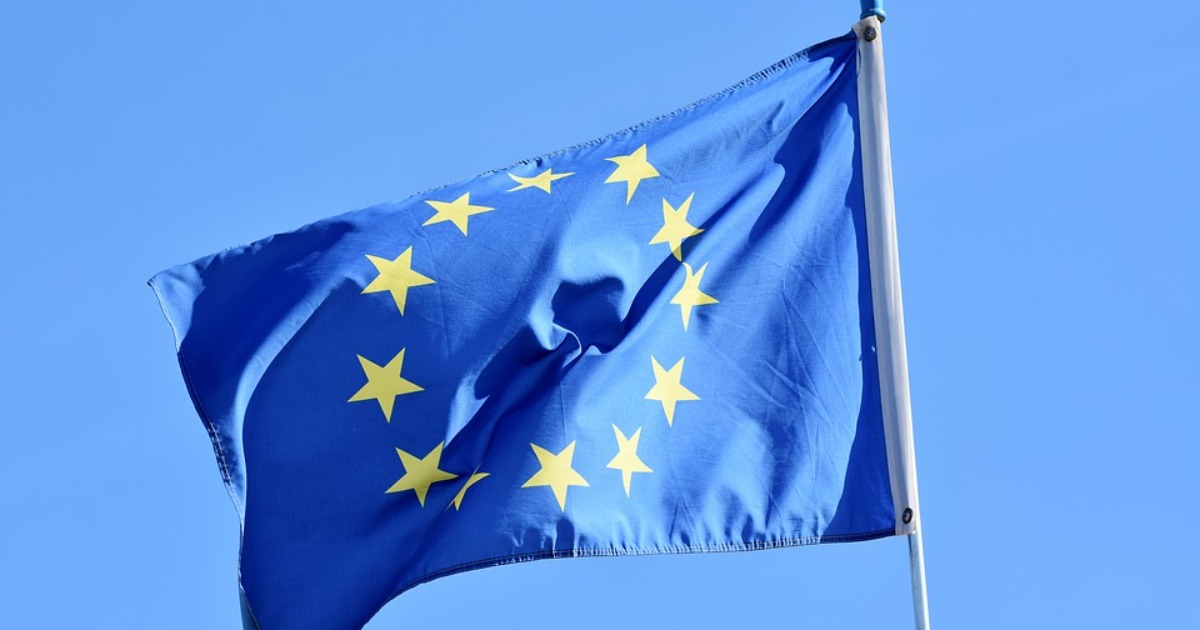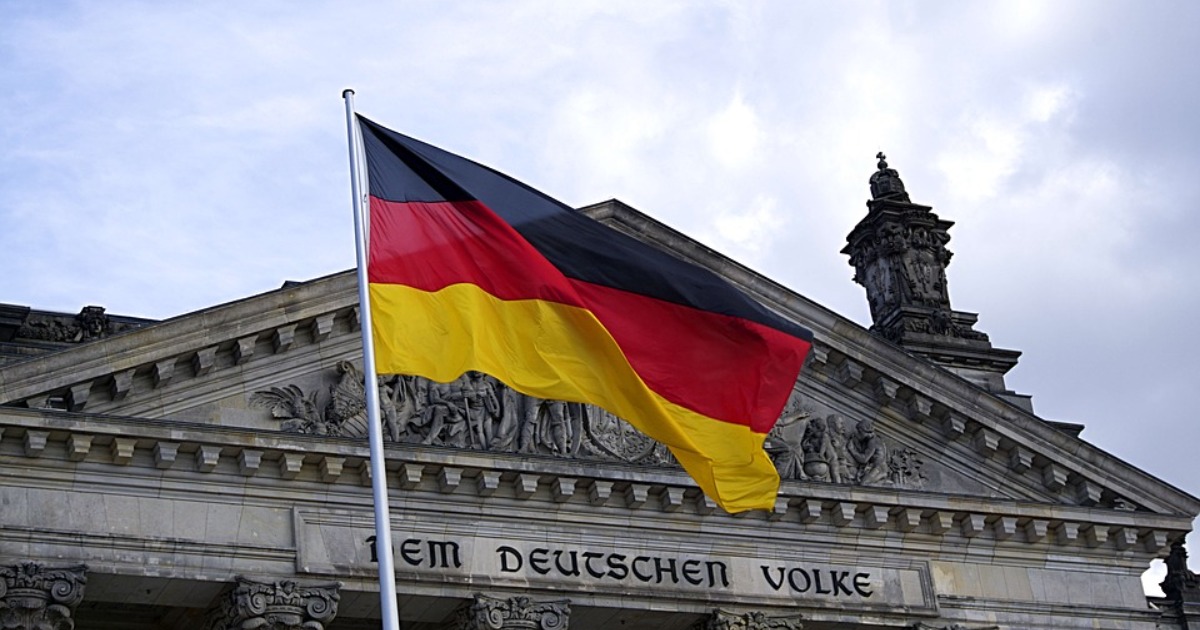AUKUS Deal: Europe’s Global Strategy Falls Short
Europe needs to make clear proposals to the U.S. in its Indo-Pacific strategy to set a common approach to China.
September 28, 2021

In response to a rising Chinese dominance in the region, Australia, the UK and the United States agreed on more extensive cooperation on cybersecurity, artificial intelligence and quantum computing (AUKUS).
As a result, Australia cancelled a multi-billion dollar diesel submarine contract with the French in favor of nuclear-powered submarines supplied from the UK and the U.S.
The China-Australia kerfuffle
The nuclear-powered submarines will `enable Canberra to meet the challenge along with other members of the Quadrilateral Security Dialogue`. Beijing had seemed intent on improving relations with Canberra.
But in response to the Quad, according to Kevin Rudd, China suddenly imposed restrictions on imports of Australian coal—and then meat, cotton, wool, barley, wheat, timber, copper, sugar, lobster and wine.
Focus on China
The driving force of this deal is China´s global rise. China has significantly increased its military capabilities and, toward Australia, it has shown the worst of its “wolf-warrior diplomacy”.
Australia faces blunt Chinese pressure. In 2018, the Australian government banned Chinese telecommunications company Huawei from its 5G networks.
China`s foreign ministry responded with a twitter post of a photo shopped image depicting an Australian solider killing an Afghan child.
At the time, the Chinese Foreign Ministry spokesperson Hua Chunying rejected calls for an apology.
The Chinese also retaliated with tariffs and trade restrictions against Australia after Prime Minister Morrison called for an independent inquiry on the origins of the corona virus.
To defend his country against such Chinese provocations, it is not surprising that Prime Minister Morrison sought support from the United States and the Quadrilateral Security Dialogue with the U.S., Japan and India.
Checking Chinese power
The AUKUS strategic agreement is a not an escalation. It is a reality check to deal the Chinese exercise of its increasing power.
The French diplomatic drama surrounding AUKUS, in addition to losing a long-term submarine contract, risks concealing rather than highlighting what the deal reveals about Macron´s fear that France is now strategically irrelevant in the Indo-Pacific.
Would better diplomacy have helped?
Biden´s consultations on AUKUS should have included France. That might have spared the excited French reaction.
The French reaction to the cancelling of their multi-billion dollar agreement with Australia, and the lack of adequate consultations, is understandable. America needs to repair its ties and restore trust with its oldest ally, France.
No more evading
Nevertheless, members of the transatlantic relationship also got a very clear message from Washington that they have been trying to evade.
EU member nations need to understand China’s growing hard power is now eliciting a genuinely tough and structural political-military reaction in the United States.
Implementing Obama’s pivot
The AUKUS strategic agreement is also a reality check on the status of the famed Obama “pivot to Asia.” Frankly, Biden is implementing a more determined pivot than under Obama.
The roles of France and Europe in this global realignment beyond a single contract are clearly in play. Do the French in particular wish to follow the unilateral German lead with the EU agreement with China on Comprehensive Agreement on Investment (CAI)?
That would mean, in effect, putting bilateral commerce over the exercise of global responsibility.
What is Europe’s China strategy?
Europe needs to make clear proposals to the U.S. in its Indo-Pacific strategy to set a common approach to China.
The nebulous concept of “European strategic autonomy” which is what Macron wants for France to lead the European Union is an ambivalent middle course between the two great powers.
If pursued in earnest, the idea of “European strategic autonomy” will certainly lead to the division of Europe and the EU´s irrelevance in global strategy.
Self-reliance, not strategic autonomy
What Macron’s protests cover up is that strategic autonomy requires a much higher degree of self-reliance on the part of the EU nations than the French President is willing to admit.
In addition, for all the lofty rhetoric, the EU seems very far away from being able to implement even a very limited degree of strategic autonomy. In many power domains, the EU doesn’t have the necessary heft.
Nations caught in between, like the EU
The AUKUS agreement is to counter China´s adversarial approach to its neighbors, not to create a cold war-like confrontation. The nations most immediately affected by China’s aspirations are Indonesia, the Philippines, Malaysia and Vietnam.
Not unlike Europe, they too are faced with the dilemma of being caught between an increasingly dominating China and their own wishes for a countervailing force.
For them, the question regarding AUKUS is whether it will contribute to regional stability, extraction of natural resources and fishing rights to align with like-minded states to provide security.
A transatlantic negotiation on those subjects with China´s neighbors would be a good start to European cooperation with regional neighbors in Asia.
Meanwhile, the top priority for AUKUS is to avoid introducing nuclear weapons into the region. The rest is negotiable.
Takeaways
The AUKUS strategic agreement is a not an escalation. It is a reality check to deal the Chinese exercise of its increasing power.
The French diplomatic drama surrounding AUKUS reveals Macron´s fear that France is now strategically irrelevant in the Indo-Pacific.
Biden´s consultations on AUKUS should have included France. That might have spared the excited French reaction.
EU member nations need to understand China’s growing hard power is now eliciting a genuinely tough and structural political-military reaction in the United States.
Do the French in particular wish to follow the unilateral German lead with the EU agreement with China on Comprehensive Agreement on Investment (CAI)?
Europe needs to make clear proposals to the U.S. in its Indo-Pacific strategy to set a common approach to China.
The nebulous concept of “European strategic autonomy” which is what Macron wants for France to lead the European Union is an ambivalent middle course between the two great powers.
Macron’s protests cover up the fact that strategic autonomy requires a much higher degree of self-reliance on the part of the EU nations than the French President is willing to admit.

